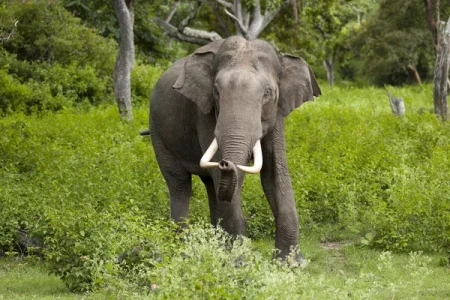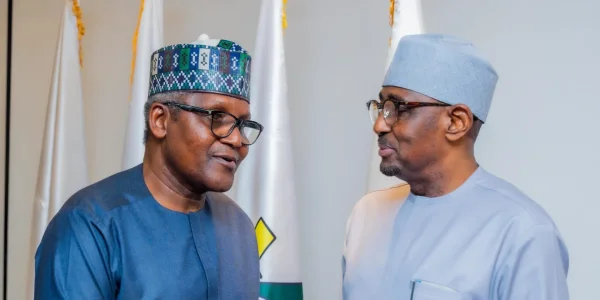
Nigeria's Environment Minister, Dr. Iziak Salako, adopted an orphaned elephant to highlight conservation efforts amid the launch of the Nigeria Elephant Action Plan (NEAP). This 10-year strategy aims to protect the country's dwindling elephant population through enhanced anti-poaching measures and community engagement.
Dr. Iziak Salako, Nigeria's Minister of State for Environment, has made headlines by adopting an orphaned elephant as part of his commitment to elephant conservation. Speaking at the launch of the Nigeria Elephant Action Plan (NEAP) in Abuja, Salako highlighted the importance of protecting the country’s remaining 300-400 elephants. He emphasized that elephants play a crucial role in supporting biodiversity and promoting plant and animal growth.
The NEAP is a strategic initiative designed to address the severe decline in Nigeria's elephant population, which has been dramatically reduced due to habitat loss, poaching, and conflicts with humans. The plan aims to bolster conservation efforts through enhanced law enforcement, anti-poaching measures, and advanced technology for monitoring and intelligence.
Andrew Dunn, Country Director of the Wildlife Conservation Society (WCS) Nigeria, stressed that saving the remaining elephants requires more than financial resources; it demands a shift in attitudes and government policies. John Scanlon AO, CEO of the Elephant Protection Initiative Foundation (EPIF), supported this view, calling the NEAP a crucial last opportunity to safeguard Nigeria’s dwindling elephant population.
The NEAP outlines a 10-year strategy (2024-2034) that includes community engagement efforts to foster coexistence between humans and elephants. By integrating modern conservation techniques and promoting active participation from all levels of government, the plan aims to secure the long-term survival of these magnificent animals.




